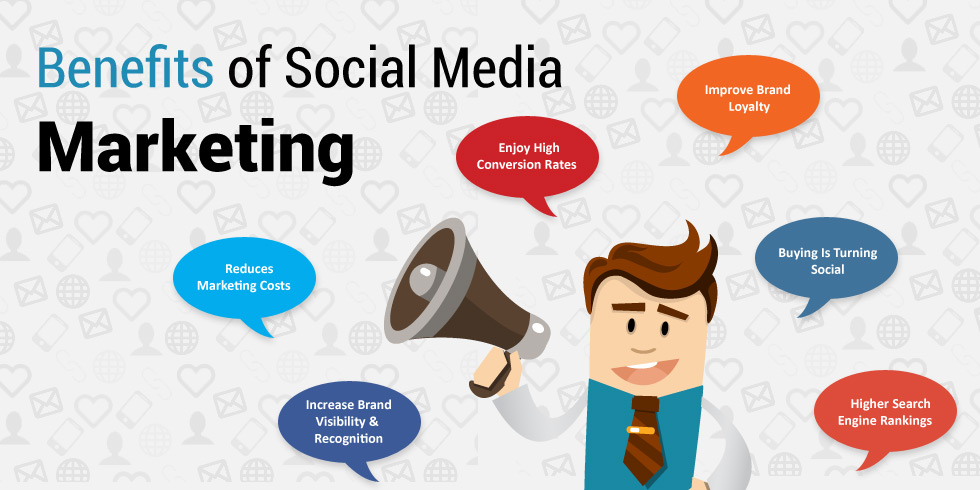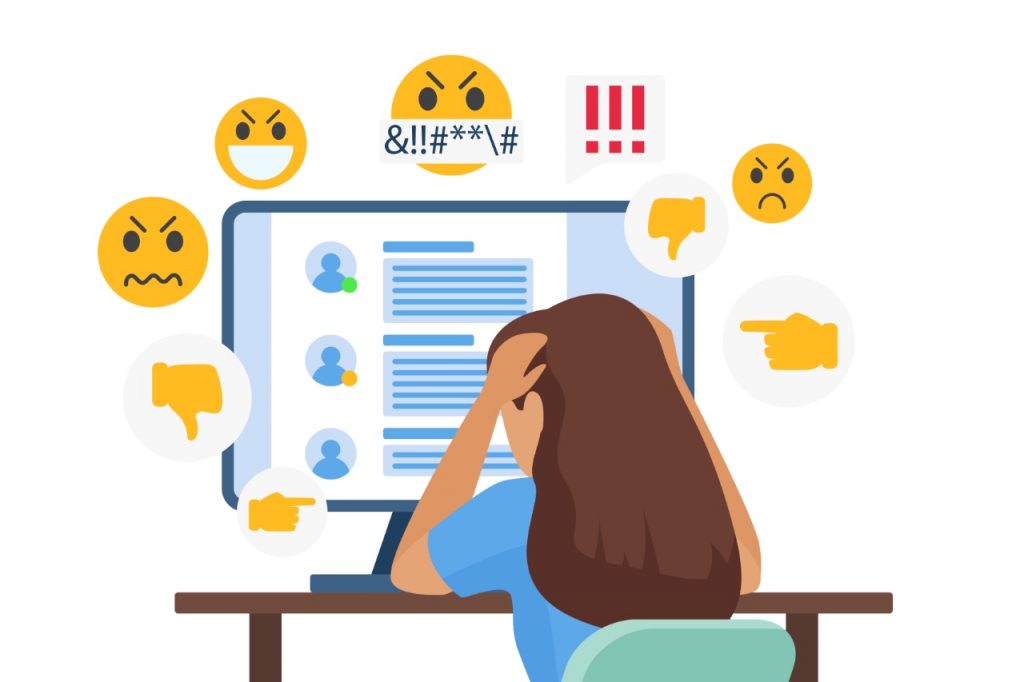The Advantages of Social Media Marketing
Increased brand awareness:
Social media platforms allow businesses to create a strong online presence and increase brand awareness. By sharing engaging content and interacting with their audience, businesses can build a loyal following and increase their reach.
Cost-effective:
Social media marketing is an affordable way for businesses to promote their products and services. Unlike traditional advertising methods, social media marketing allows businesses to reach a large audience without breaking the bank.
Targeted advertising:
Social media platforms allow businesses to target specific demographics, interests, and behaviors, making it easier to reach their ideal customers. This targeted approach helps businesses save money on advertising and increase their return on investment.
Increased website traffic:
Social media marketing can help drive traffic to a business’s website. By sharing links to their website on social media platforms, businesses can attract potential customers to their sites and increase their chances of making a sale.
Improved customer engagement:
Social media platforms provide businesses with a direct line of communication with their customers. By responding to comments and messages promptly, businesses can improve customer engagement and build stronger relationships with their customers.
The Disadvantages of Social Media Marketing
Time-consuming:
Social media marketing requires businesses to create and share engaging content regularly. This can be time-consuming and may require a dedicated team to manage social media accounts effectively.
Negative feedback:
Social media platforms provide customers with a platform to voice their opinions, both positive and negative. Negative feedback can damage a business’s reputation if not handled properly.
Information overload:
With so much information available on social media platforms, businesses may find it challenging to cut through the noise and reach their target audience.
Dependence on third-party platforms:
Social media platforms are owned by third-party companies, which means businesses have little control over the platform’s algorithms and policies.
Security risks: Social media platforms are vulnerable to hacking and data breaches, putting businesses and their customers’ sensitive information at risk.
The Right Use of Social Media: A Guide for Responsible Use
Social media has become an integral part of our lives. We use it for communication, entertainment, networking, and even business. But with its immense popularity, social media has also brought a range of problems like cyberbullying, addiction, privacy concerns, and more. It is therefore essential to understand the right use of social media to ensure we are using it in a responsible and safe manner. In this article, we will discuss the various ways to use social media effectively and responsibly.
Setting Boundaries and Limitations
Setting boundaries and limitations for social media use is an important step towards responsible use. Here are some tips for setting boundaries:
Time Management
Social media can be addictive, and you may find yourself spending hours scrolling through your feed. Set aside a specific time for social media use and stick to it. This will prevent you from spending too much time on it and will help you be more productive.
Privacy Settings
Make sure to set your privacy settings to ensure that only people you trust can see your posts. This will prevent strangers from seeing your personal information and protect you from identity theft.
Being Mindful of Your Content
Being mindful of your content is an essential aspect of responsible social media use. Here are some tips for creating positive and authentic content:
Be Positive
Avoid negative comments, gossip, and hate speech. Always be positive and uplifting in your posts and comments. Remember that your words have the power to impact others’ feelings and emotions.
Be Authentic
Be true to yourself and express your opinions and thoughts honestly. Don’t try to portray yourself as someone you are not. Authenticity is essential in building a trustworthy online persona.
Be Selective
Avoid oversharing personal information and pictures. Be selective about what you post online and think twice before sharing something that might.
Social media can increase a brand’s value by allowing businesses to connect with their target audience and build strong relationships with them. By sharing engaging content and interacting with their audience, businesses can establish themselves as thought leaders in their industry and increase their brand awareness.
Social media also provides businesses with an opportunity to showcase their products and services in a visually appealing way. Platforms like Instagram and Pinterest allow businesses to share high-quality images and videos of their products, which can attract potential customers and increase their chances of making a sale.
Additionally,
S0ocial media platform allow businesses to target specific demographics, interests, and behaviors, making it easier to reach their ideal customers. This targeted approach helps businesses save money on advertising and increase their return on investment.
By using social media as a marketing tool, businesses can also improve their customer service. Social media platforms provide businesses with a direct line of communication with their customers, allowing them to respond to comments and messages promptly and improve customer engagement but remember Social media marketing Advantage or disadvantage.
Overall,
Social media marketing Advantage or disadvantage can help businesses increase their brand value by building a strong online presence, showcasing their products and services, targeting their ideal customers, and improving customer engagement and service.










Leave A Comment